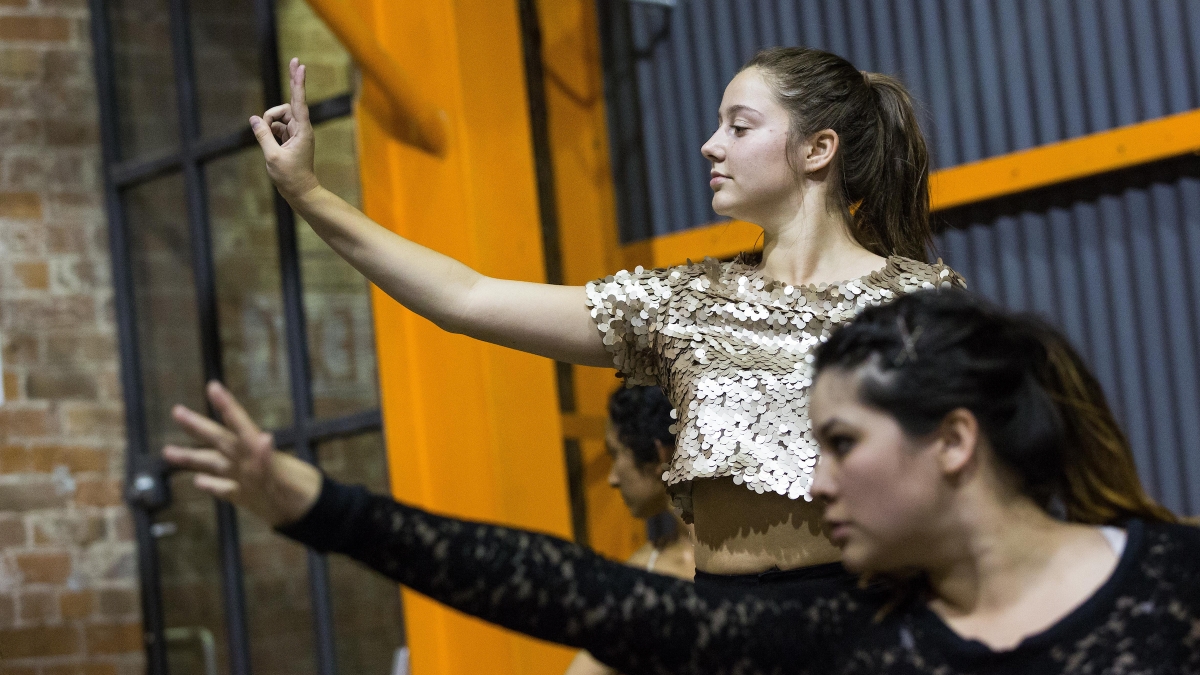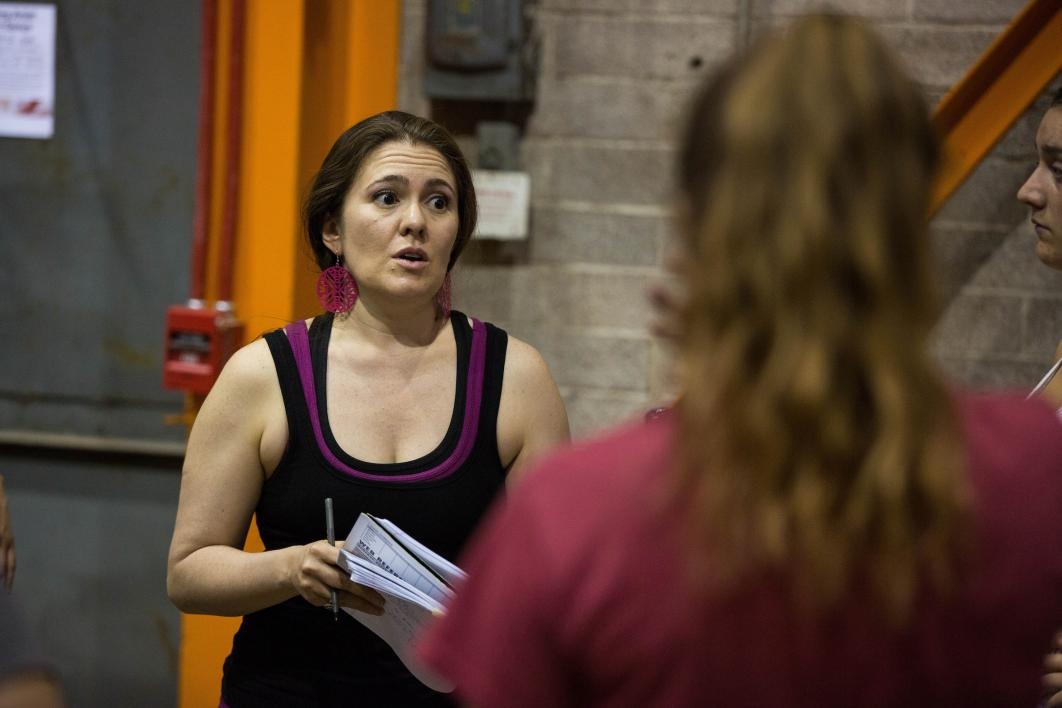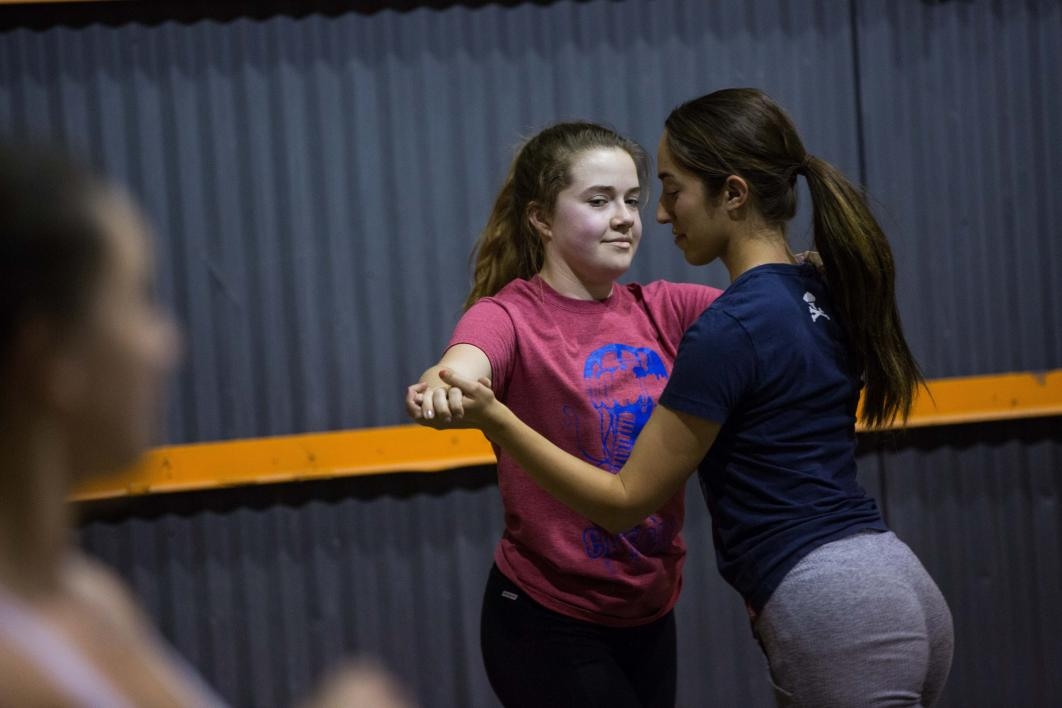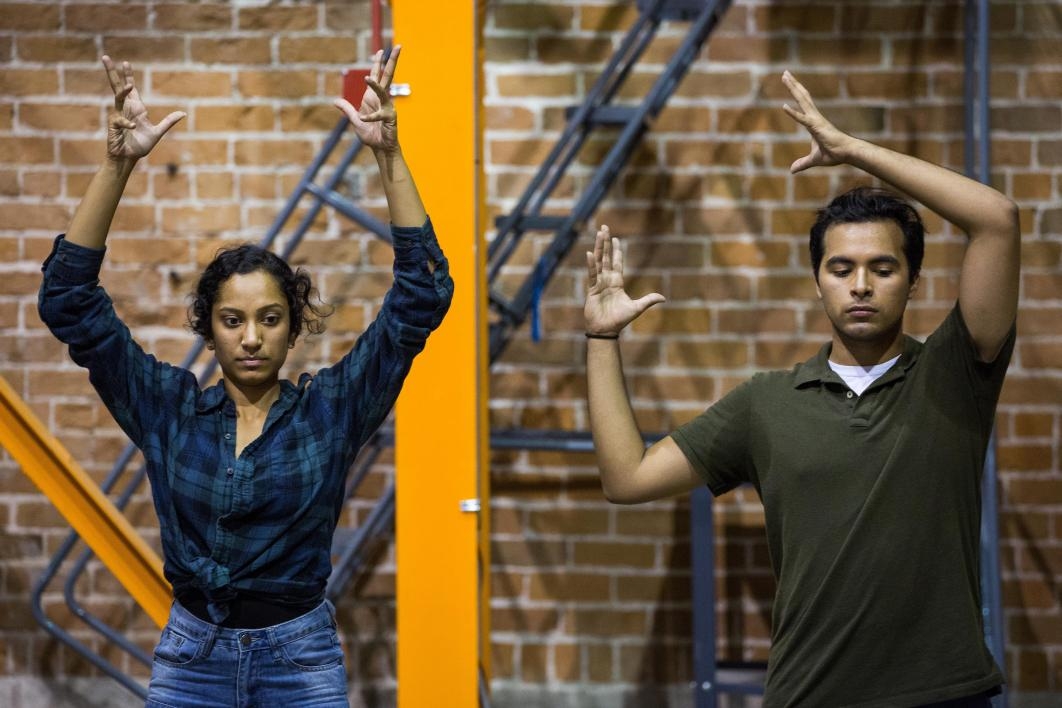A fellow at the Herberger Institute for Design and the Arts is gathering people in the Latinx dance community to forge bonds and consider a closer collaboration.
“Dance in the Desert” is a three-day assembly in Phoenix that will culminate in two public events on Saturday.
Yvonne Montoya, a choreographer and fellow in the School of Film, Dance and Theatre, got the idea to create a gathering a few years ago when she attended a dance event as a mentee and asked to be paired with a Latina choreographer. The organization knew of only one and she was busy.
“The leadership couldn’t identify a multiplicity of mentors for the younger generation of Latinx choreographers,” said Montoya, founding director of Safos Dance Theatre in Tucson.
“I realized we were very disconnected and disenfranchised. I had the idea of bringing us all together to get to know each other, who we are, where we’re located and what we’re doing.”
Montoya said the group will talk about whether to become more organized.
“This is a pre-convening. It’s not even a pilot,” she said. “It’s for us to talk about our strengths and how we want to move forward.”
Montoya organized the event as part of her work as a Projecting All Voices postgraduate fellow, an initiative of the Herberger Institute for Design and the Arts to advance the creative voices of underrepresented communities.
Much of the Dance in the Desert assembly will be private for the 29 participants, who are dancers, choreographers, administrators and students.
“The choreographers can show works in progress and get feedback from not just a group of peer dancemakers but also a group of other Latinx dancers who understand if they’re doing a flamenco contemporary fusion dance. A lot of times, our mentors don’t understand diverse aesthetics or the aesthetics in which we work that are culturally relevant.”
Video by Deanna Dent/ASU Now; "Braceros" music by Samuel Peña, ASU School of Music community engagement coordinator and founder of AZ Beat Lab
Montoya said the event will include dancers from a variety of forms.
“It’s not just concert dance or contemporary dance. We have flamenco artists. We have dancers who are trained in urban or hip-hop. It’s across the board. And that’s a question we’ll be asking: ‘How do we define dance as individuals but also in our different communities?’ There’s a huge diversity.”
She would like to have an officially organized event within the next two years.
“I think there is so much potential here in Arizona to be a center for dance in this region, which is something that’s lacking. We’re a border state so we’re a gateway to Latin America.
“I think we have the population to support work that’s created by Latin American or Latinx dance makers, and I think this is a pivotal moment to come together, share social capital and move forward.”
Dance in the Desert will include two public events on Saturday, April 28: A “Community Share Out” will include a performance and open discussion from 2:30 to 4:30 p.m. at Grant Street Studios, 605 E. Grant St. in Phoenix. The “Pachanga” will include performances and a reception from 5 to 7 p.m. at Phoenix Hostel and Cultural Center, 1026 N. Ninth St.
Top photo: Dance performance freshman Genna Oppasser (top) and other dancers practice their routine during rehearsal at Grant Street Studios in Phoenix. Photo by Deanna Dent/ASU Now
More Arts, humanities and education

ASU’s Humanities Institute announces 2024 book award winner
Arizona State University’s Humanities Institute (HI) has announced “The Long Land War: The Global Struggle for Occupancy Rights” (Yale University Press, 2022) by Jo Guldi as the 2024…

Retired admiral who spent decades in public service pursuing a degree in social work at ASU
Editor’s note: This story is part of coverage of ASU’s annual Salute to Service.Cari Thomas wore the uniform of the U.S. Coast Guard for 36 years, protecting and saving lives, serving on ships and…

Finding strength in tradition
Growing up in urban environments presents unique struggles for American Indian families. In these crowded and hectic spaces, cultural traditions can feel distant, and long-held community ties may be…



